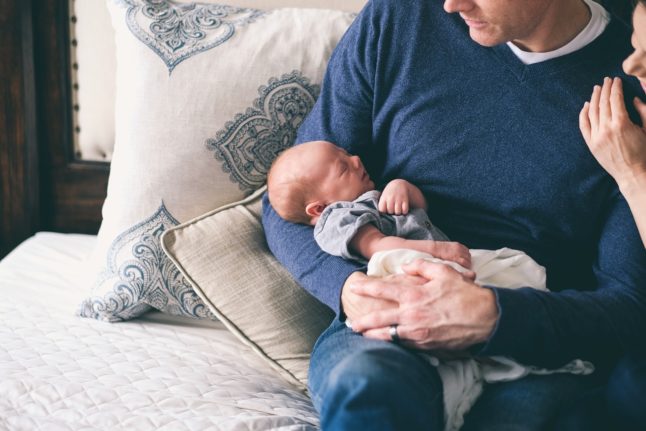On May 15th, the Swiss will go to the polls to decide on three issues, including one that would, if passed, regulate the content of streaming services.
In the second of four rounds of national referendums scheduled for 2022, the Swiss will head to the polls on May 15th to decide on three issues: The Film Act (dubbed ‘Lex Netflix), support for European border guards (Frontex), and transplant /organ donation law.
EXPLAINED: What’s at stake in Switzerland’s May referendums?
As elsewhere, streaming services like Netflix, Amazon Prime, Apple TV, and others have become very popular in Switzerland.
According to Moneyland.ch, a price comparison platform, Netflix alone has 3.4 million subscribers in Switzerland, more than other streaming services combined.
However the Federal Council and the parliament want to raise the price of subscription (for Netflix, monthly costs range from 11.90 to 24.90 francs a month, depending on the plan).
What is the ‘Lex Netflix’ vote about?
Currently, national and regional channels must invest four percent of their profits in Swiss cinema. The Federal Council and parliament have decided that streaming platforms should contribute the same percentage to support domestic film-making as well.
The law also stipulates that 30 percent of the content of streaming services must consist of films or series produced in Europe.
While the move has incited opposition (see below), Switzerland is not the only country to take these measures, though the proportion of mandated indigenous production is higher than elsewhere.
In France, platforms must invest 26 percent of their turnover in local films and series, and in Italy 20 percent. In Germany, there is no obligation to invest, but a tax of 2.5 percent is levied.
Who is against this proposed change, and why?
A multi-party committee has launched a referendum against this law, claiming it would make streaming services more expensive.
“The law completely bypasses consumers and the new tax is an attack on their wallets”, according to Matthias Müller, chairman of the referendum committee.
The second bone of contention concerns the imposition of the 30 percent proportion of European content, which means “consumers will no longer have the freedom to watch what they want and will become, without valid reason, the victims of an absurd quota”.
The committee also argues that the “tax on films” constitutes “an attack on economic freedom”.
Will the law be accepted or rejected?
Just two weeks before the vote, the Swiss populace appears split on the issue.
The latest poll carried out at the end of April by Switzerland’s largest media group, Tamedia, shows that 47 percent of respondents would reject the project , while 49 percent would accept it.
The fate of what will certainly be a very close outcome lies with the four percent of voters who are still undecided. So, as they say in many Netflix shows… stay tuned!
READ MORE: Frontex: How Switzerland’s ‘border vote’ on May 15th could impact travel



 Please whitelist us to continue reading.
Please whitelist us to continue reading.
Member comments